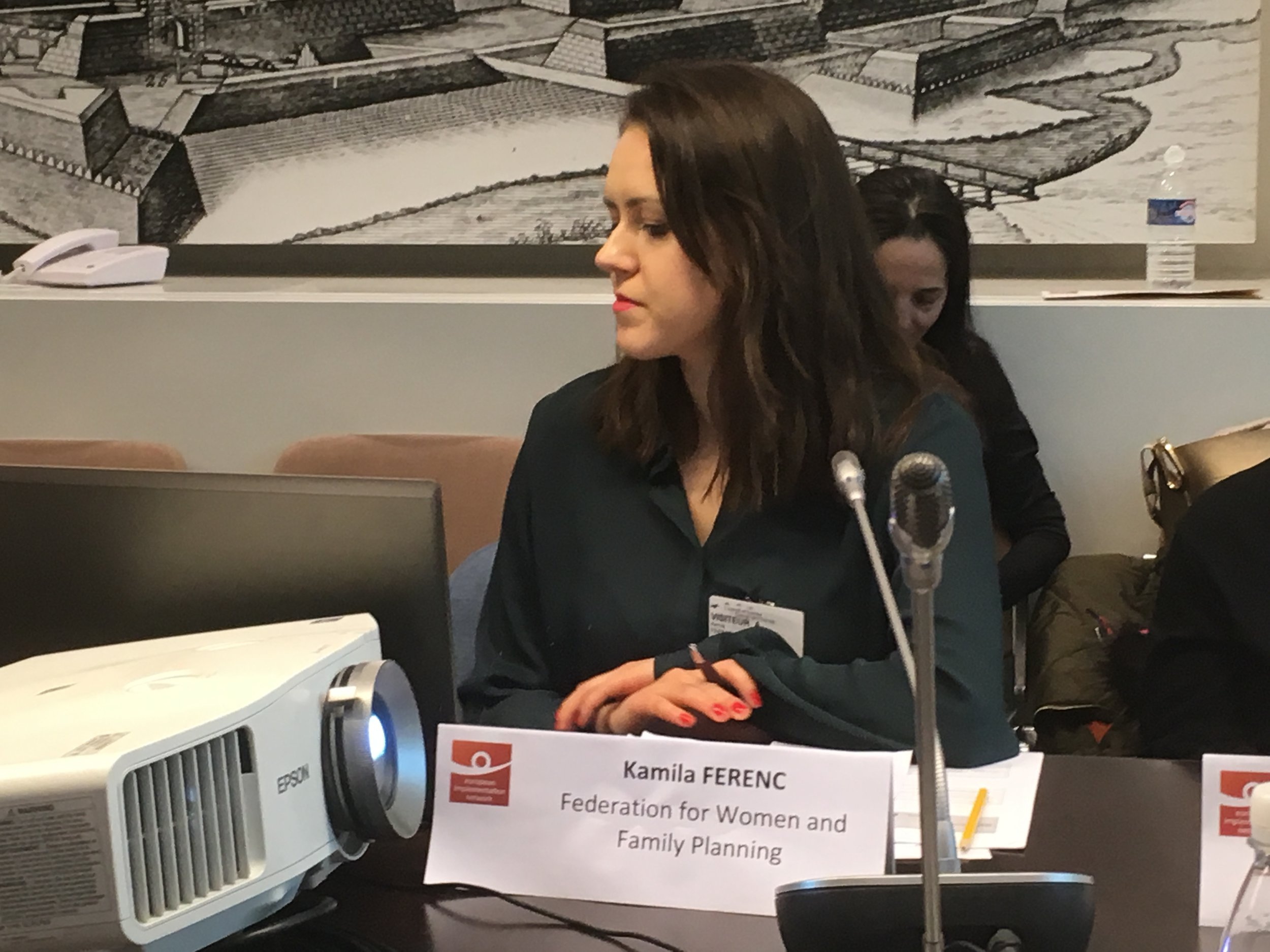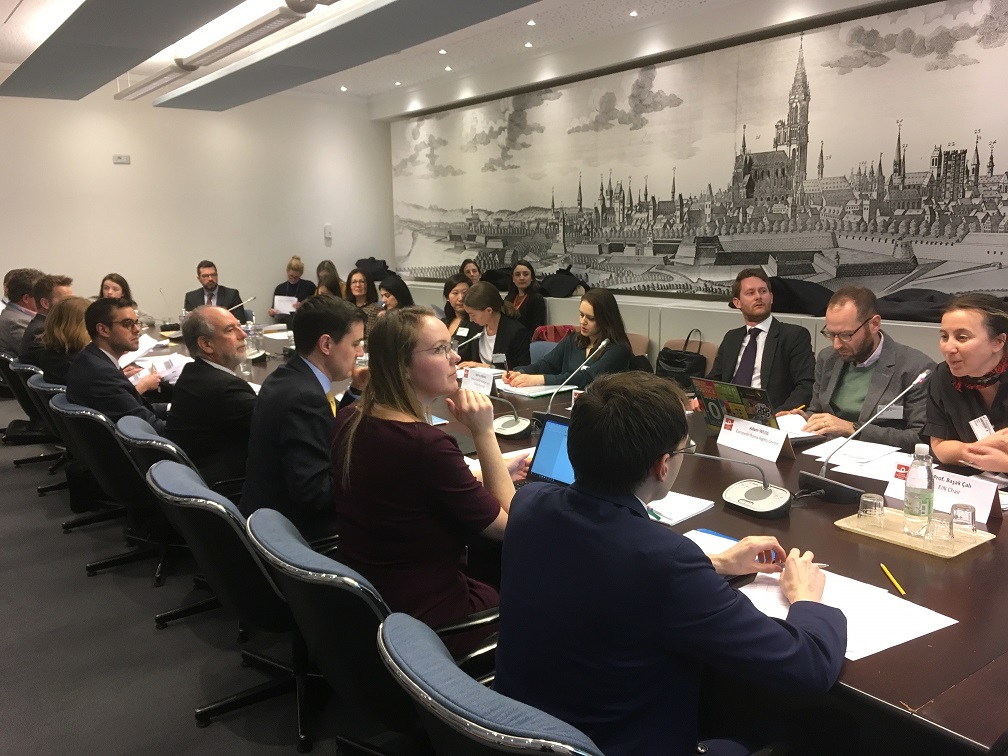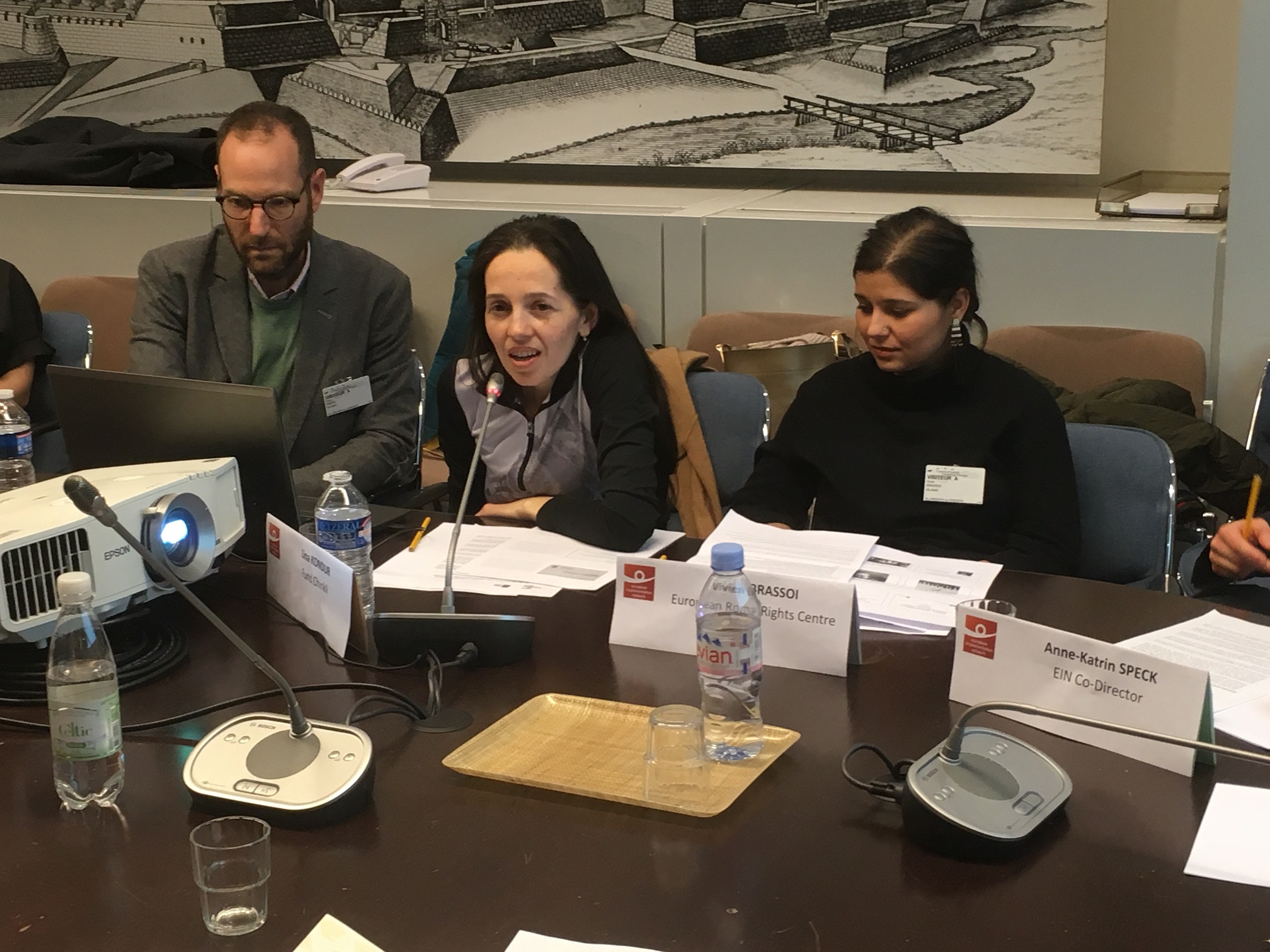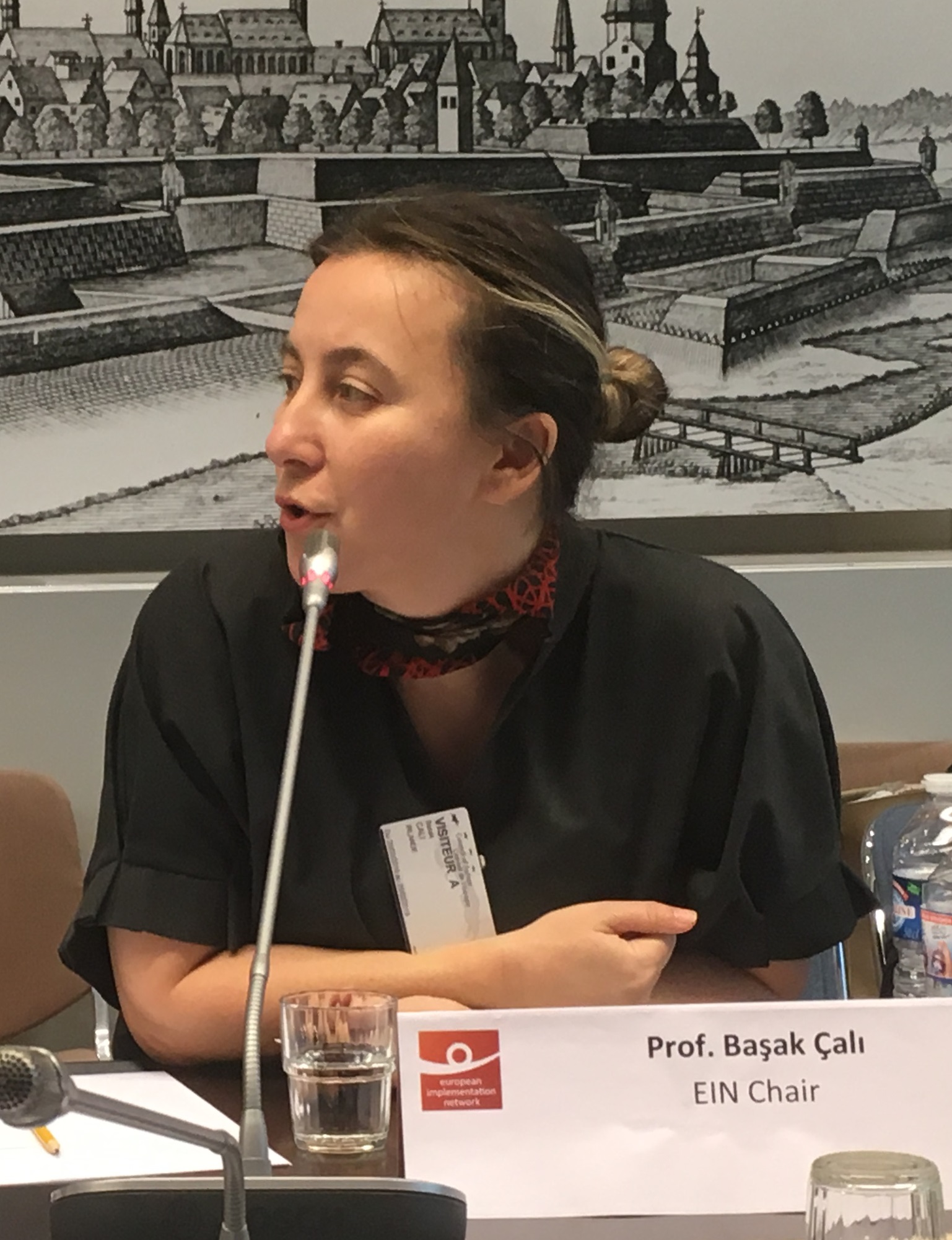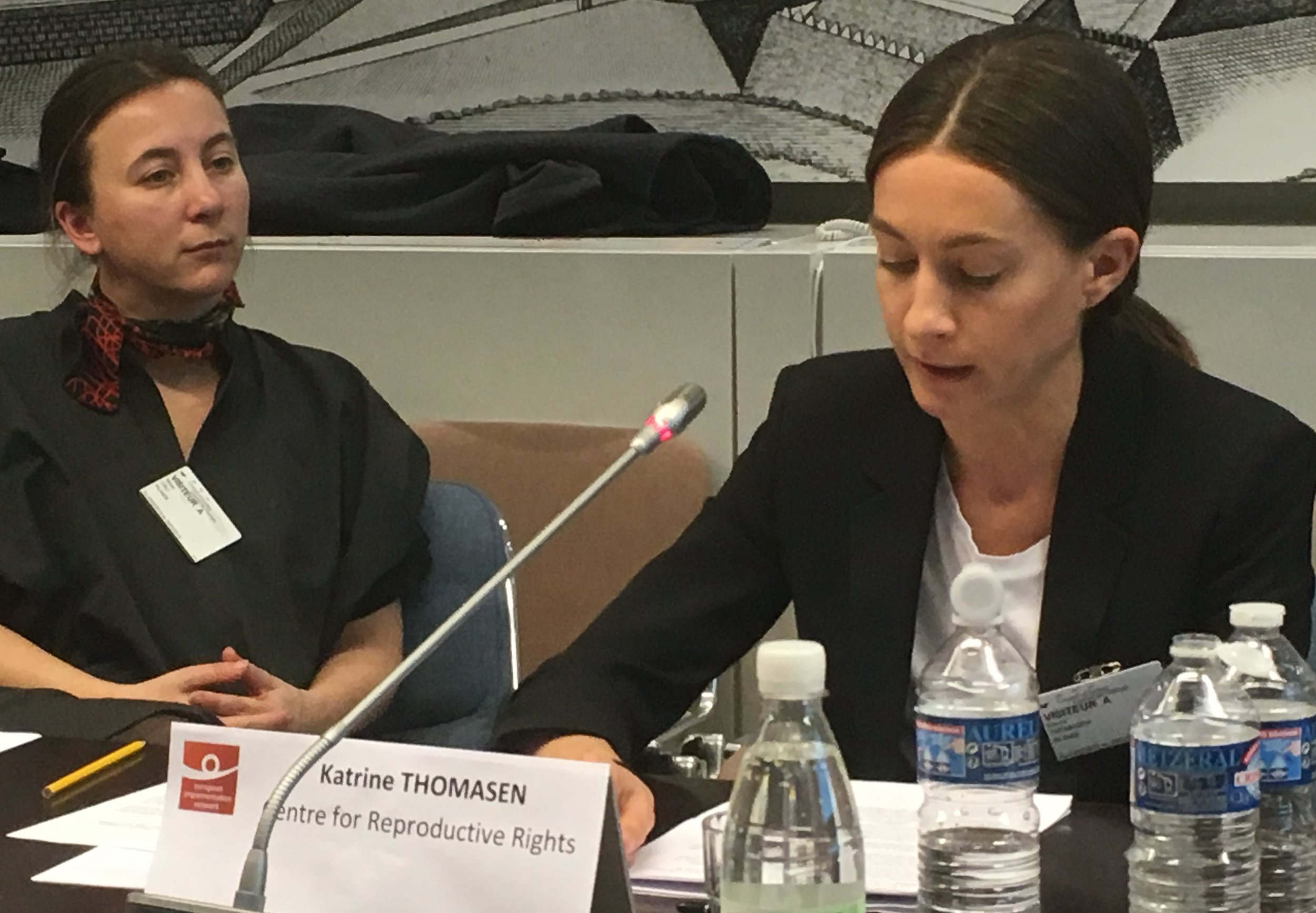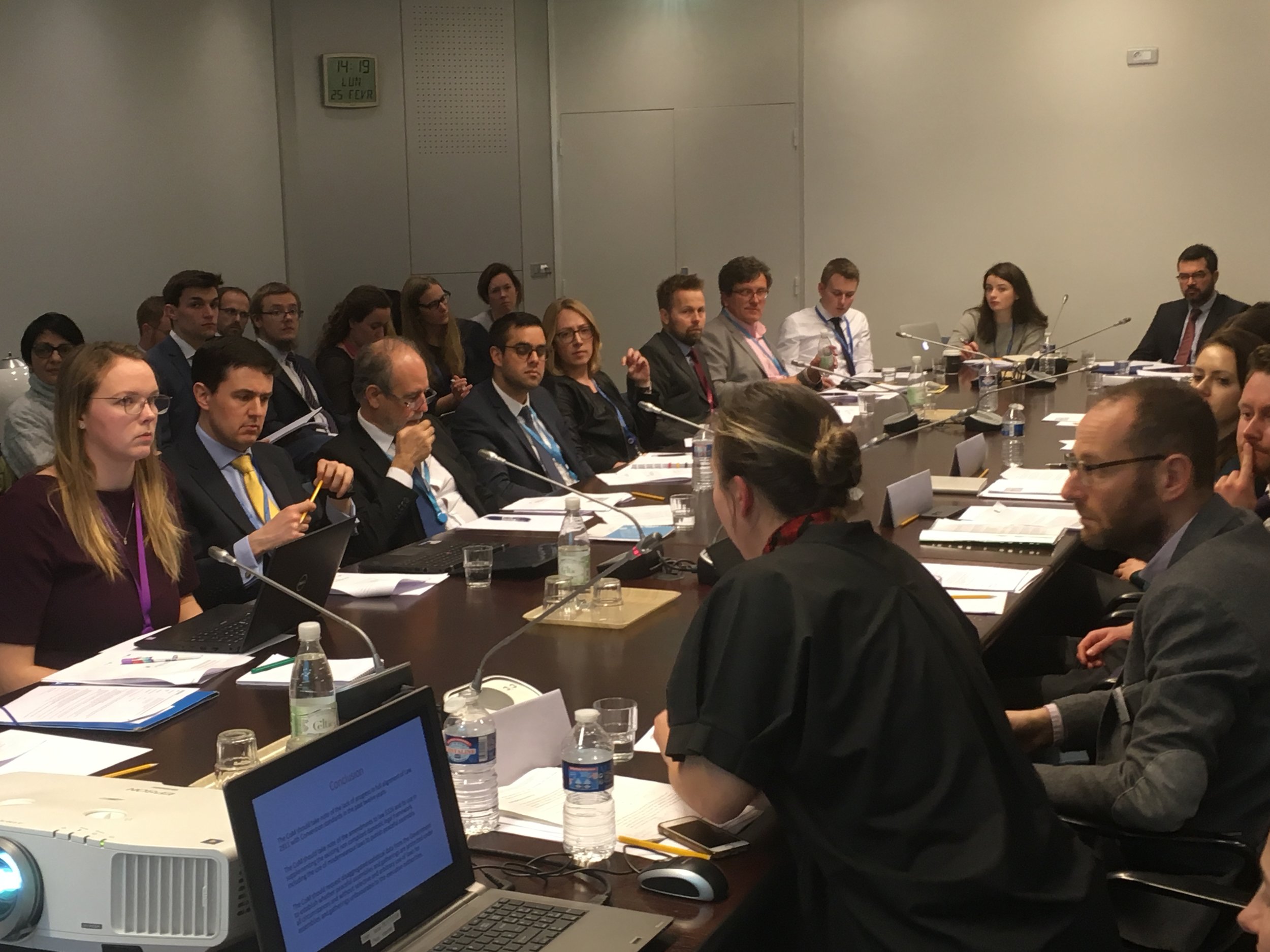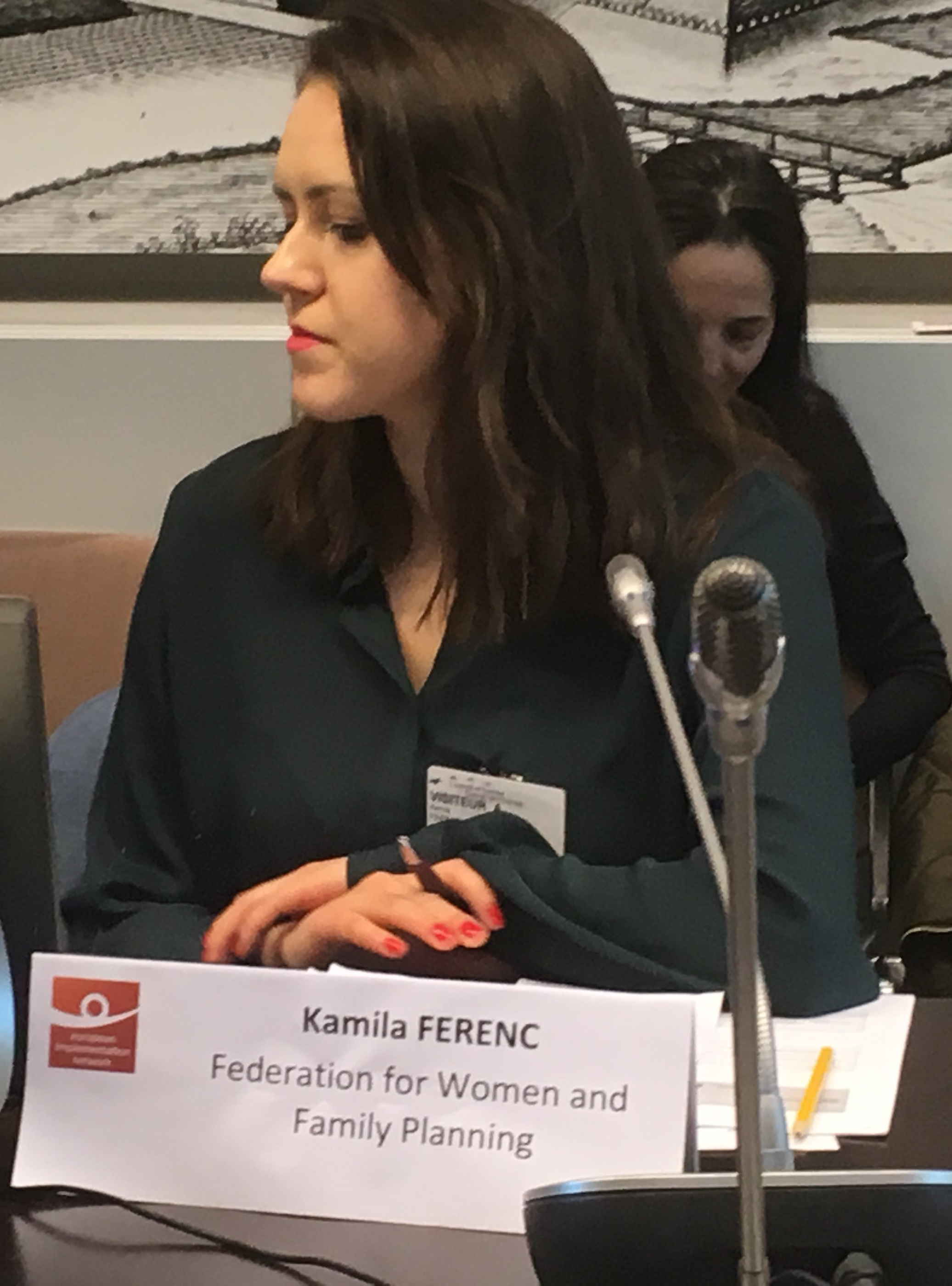Turkey, Azerbaijan, Greece and North Macedonia at the heart of EIN civil society briefing
/On 22nd November 2019, EIN held its quarterly civil society briefing, ahead of the 1362nd CM-DH meeting. Over 40 participants attended the briefing, including participants from 29 Permanent Representations to the Council of Europe, the EU representation to the Council of Europe, the office of the Commissioner for Human Rights and other CoE staff members.
Presentations were given on the following cases:
· CUMHURİYETÇİ EĞİTİM VE KÜLTÜR MERKEZİ VAKFI GROUP, ZENGIN HASAN AND EYLEM GROUP v TURKEY (32093/10, 62649/10, 1448/04),
· RASUL JAFAROV V AZERBAIJAN and ALIYEV V AZERBAIJAN (Applications No 69981/14 and No 68762/14), parts of ILGAR MAMMADOV GROUP V AZERBAIJAN (Application No 15172/13)
· SAKIR GROUP v GREECE (48475/09), about ineffective investigations into alleged hate crimes, and HOUSE of MACEDONIAN CIVILIZATION AND OTHERS v GREECE (1295/10),
· EL-MASRI v NORTH MACEDONIA (39630/09).
The main recommendations on the cases are available here.
CUMHURİYETÇİ EĞİTİM VE KÜLTÜR MERKEZİ VAKFI GROUP, ZENGIN HASAN AND EYLEM GROUP v TURKEY (32093/10, 62649/10, 1448/04),
By Dr Mine Yildirim, Head of Freedom of Belief Initiative, Norwegian Helsinki Committee
These cases concern structural and administrative problems leading to various differences in treatment between followers of the Alevi faith and adherents to the majority branch of Islam in Turkey. The case was presented by Dr Mine Yildirim, Head of Freedom of Belief Initiative, Norwegian Helsinki Committee. Her presentation was based on the Rule 9.2 submission by the Norwegian Helsinki Committee of March and November 2019.
Links:
Action Plan by the Turkish authorities of October 2019
Rule 9.2 submission by NHC May and November 2019
Power point by Mine Yildirim, 22/11/2019
RASUL JAFAROV V AZERBAIJAN and ALIYEV V AZERBAIJAN (Applications No 69981/14 and No 68762/14), parts of ILGAR MAMMADOV GROUP V AZERBAIJAN (Application No 15172/13),
By Ramute Remezaite, Legal Consultant, European Human Rights Advocacy Centre, School of Law, Middlesex University
In her presentation, Ramute Remezaite presented the current situation of human rights defenders Rasul Jafarov and Intigam Aliyev. She formulated recommendations as to invididual and general measures necessary to ensure the implementation of the cases. As for the general measures, she stressed the need for a favourable legal and political environment to be created, so as to enable human rights defenders to effectively and freely exercise a right to freedom of association and to operate without any hindrance. To that end, laws and practices relating to the status and registration of NGOs and NGO grants should be reformed.
Links:
Rule 9.1 submission by the applicant, September 2019 (Rasul Jafarov)
Rule 9.1 submission by the applicant, November 2019 (Intigam Aliyev)
Power point presentation and memo by Ramute Remezaite, 22/11/2019
SAKIR GROUP v GREECE (48475/09), and HOUSE of MACEDONIAN CIVILIZATION AND OTHERS v GREECE (1295/10),
by Panayote Dimitras, Greek Helsinki Monitor and EIN Board member
The first case concerns ineffective investigations into alleged hate crimes. Mr Dimitras called upon the CM to ask Greece to amend its anti-racism Law 927/79, so as to implement the recommendations of ECRI, UN HRCttee and UN CERD to criminalize racist insults and defamation, as well as the public dissemination, public distribution, production or storage of racist material.
The House of Macedonian Civilization case is about the non-registration by courts of an association, contrary to the Court’s 1998 judgment concerning the same association. On behalf of the House of Macedonian Civilization, Mr Dimitras urged the Committee of Ministers to join the House of Macedonian Civilization and the Bekir-Ousta group of cases.
Links:
Briefing text on the Sakir group, by Panayote Dimitras, Greek Helsinki Monitor (GHM)
Rule 9.1. and 9.2. on the Sakir group, by the Greek Helsinki Monitor (October 2019)
Briefing text on the House of Macedonian Civilization and others, by Panayote Dimitras
Rule 9.1 on the House of Macedonian Civilization and others, by the Greek Helsinki Monitor (October 2019)
EL-MASRI v NORTH MACEDONIA (39630/09),
by Ms Amrit Singh, Open Society Justice Initiative
The case concerns violations related to a ‘secret rendition’ operation by the CIA. On behalf of the Justice Initiative, Ms Singh appealed on to the CM to continue to keep this case under enhanced supervision and to call upon the North Macedonian authorities to conduct an effective investigation capable of leading to the identification and punishment of individuals responsible for violating Mr. El-Masri’s rights.
Links:
Rule 9.2 submission by OSJI, May-June 2018
Submission of Ms Amrit Singh on the case, 22/11/2019
Pictures: EIN Secretariat
























